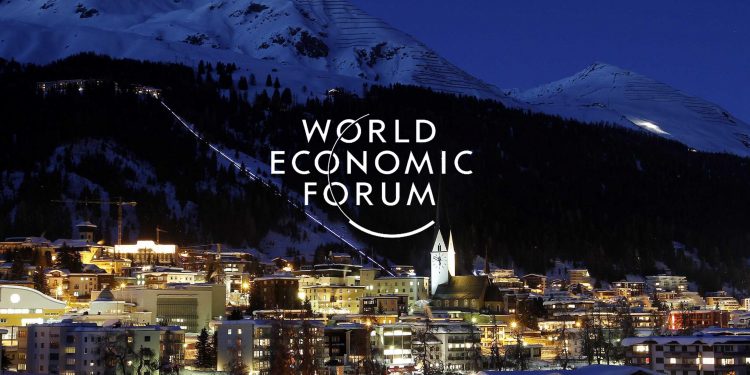The World Economic Forum (WEF), which has warned that international tensions and nationalist politics can weigh the global economy down this year, is itself witnessing a seeming loss of relevance. Davos this year will not see US President Donald Trump, Britain’s Theresa May, France’s Emmanuel Macron and Russia’s Vladimir Putin at the five-day annual
meeting. The forum was created with the objective of making the world a better place by allowing people’s representatives from around the world to meet industry representatives and thrash out solutions for the betterment of all. In hindsight it is questionable whether the objective has been realised through all the years that the forum has existed. Today the WEF faces the question of legitimacy as it appears to be turning into a pro-business, anti-people platform. Davos is seen to be transforming into a safe space for multi national corporates to lobby governments without oversight. In a world that is now increasingly divided along diverse interests, with multiple international groupings changing power equations, it is impossible for any single body, even with a noble objective, to play an effective role to combat major political, environmental and trade and business ills. Reality being that no single world power today can lay claim to knowing what is good for the rest of the world. Entropy is rising in the system and each big grouping will have to recalibrate its objectives constantly to remain relevant. Although WEF has been touted as the source of alternatives to malfunctioning governance institutions and stalled international policymaking, its biggest failing probably is that it, too, has no real solutions to direct the international community. Perhaps the solutions that have been emerging are not really effective or good enough for the intended beneficiaries owing to different hard line interests coming into play. As a forum which facilitates personal interaction among leaders from across the world, the WEF is still relevant; but that is not adequate. It had seen threats in the 2000s when sustained protests at Davos had disturbed peace of the residents and could have caused closure of the WEF forever. Such a scenario was averted only after its founder Klaus Schwab decided to allow civil society groups and the media wider access to the event. This year, leaders at the annual summit of WEF will be discussing how globalisation can work and will try to identify new models for peace, inclusiveness and sustainability. Globalization, indeed, seems to have failed in those very countries that so fervently pushed it a decade or so ago. Climate change has also been included as a key factor that is bound to influence international governance. One factor that raises hope for WEF as a source of fresh ideas for development is that six young leaders under the age of 30 will be co-chairs at the event. Admittedly, all this seems to be a childish method to prove a point that the interests of the future generation, especially the aspirations of the vast majority of people who now stand on the other side of a wide gulf from the fortunate or wily few who have amassed wealth in ugly proportions, shall be addressed. It will have to look at models of development that are in alignment, not with massive profits, but with sustainable ones that facilitate distribution of wealth. The widening gap in wealth distribution will only help facilitate polarization, which is bound to destroy the fabric of society and for peoples to lose focus on common good. It remains to be seen whether WEF can have any impact on how the world economy works. More important, the Forum has to recognise the situation existing all over and become serious about fostering stability and peace on a global scale. A disturbed society, in any part of the world, can never help create opportunities for growth and prosperity.







































